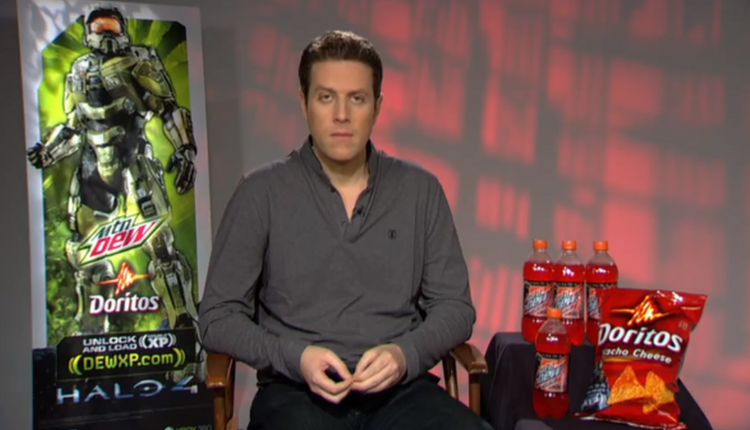From Wumpa Fruit to Lava Soup: The Gamer Diet and It’s Effects
Gamers have been stereotyped for years when it comes to being lazy, uneducated, and unhealthy. With the obesity rate in America tipping over 42%, gamers might have to defend themselves more than ever against those stereotypes. Unfortunately, that can be hard to do when you’re on your fifth hour of Fortnite and there’s a half-empty plate of pizza rolls next to you.
In all seriousness, the gamer diet does have its fair share of problems. Some of the stereotypes ring true, but they don’t have to. There are so many good things about video games that people ignore because the negative “gamer lifestyle” gets in the way. Along with keeping a healthy routine throughout your day and taking care of your mind and body, gaming can help to reduce stress and allow you to be more mindful.
So, don’t let yourself fall into the trap of the gamer diet, whether you’re worried about tipping the scales or developing a health condition. Let’s talk more about some foods to avoid and how to live a healthier gamer lifestyle.
What Are the Worst Foods for Snacking and Gaming?
There are many types of foods on shelves that you expect to be healthy, but you might be surprised which things are actually a wolf in sheep’s clothing. Specifically, consider:
- Granola bars
- Pretzels
- Rice cakes
- Baked chips
While these snacks might be low in calories, they lack any nutritional value and some items contain artificial flavorings, tons of sugar, and preservatives that can lead to health issues other than obesity. It’s not always about fat content but what ingredients are used in the process of making something.
Even snacks that are otherwise considered healthy, including popcorn, can be dangerous. While “popcorn lung” is something that’s typically used to describe an illness caused by smoking or vaping, one study found that the vapors caused by microwave popcorn can contribute to popcorn lung too, causing scarring and inflammation within the lungs.
Snacks and meals with high-fat content including many processed foods, convenience foods, and fast food options, are obviously not great choices if you’re leading a mostly sedentary lifestyle. The average fast-food meals ordered by adults clock in at over 800 calories. When you’re not doing much in your day, those calories can add up quickly, contributing to everything from weight gain to heart conditions and high blood pressure.
It’s More Than a Diet Problem
Though reaching for overly-processed snack foods can be a big problem for a gamer’s health, there’s more than just your diet to consider. Gamers spend an average of six hours each week playing. Obviously, some chunks of time will be longer than others. What you’re missing out on during those hours is physical activity.
While the body naturally burns calories all day, doing some form of physical activity will help you to strengthen your muscles, boost your energy, and burn even more calories that might be adding up from high-fat snacks. If you want to bring some gamification to your overall fitness regimen, try wearing a fitness tracker to monitor your physical activity, calories, and heart rate.

Being lazy and lethargic might be an even bigger stereotype against gamers than a poor diet so don’t focus on one aspect of your overall wellness without the other. Get moving as often as possible.
Healthy Choices = Extra Lives
Okay, maybe eating a few vegetables isn’t going to boost your mortality like Super Mario, but making healthy life choices as a gamer can, indeed, reduce your risk of certain diseases and boost your overall health and well-being.
Being proactive with your health can help to fight off disease like type II diabetes, which is often linked to obesity. People with this illness have to constantly monitor their weight, circulation, and blood sugar levels. Many even have to take prescription medications such as Ozempic.
So, what can you do to make healthier choices while still living a gaming lifestyle? Keep these tips in mind for everyday changes that can make a big difference:
- Use a standing desk for PC gaming
- Opt for low-calorie meals and snacks
- Choose video games designed to get you active and moving
- Get up and stretch every hour
- Go outside several times a day, even for 30 minutes at a time
- Prepare your own meals rather than relying on convenience food or takeout
- Choose whole fruits and vegetables as snacks
The gamer diet can have serious health consequences if you’re doing nothing but eating convenience food and sitting in front of a screen all day. But, as you can see, there are plenty of ways to fight back against those stereotypes and be a motivated gamer with a healthy, active lifestyle. Keep some of these tips in mind, and don’t be afraid to make subtle changes that can have a big, positive impact on your health.

